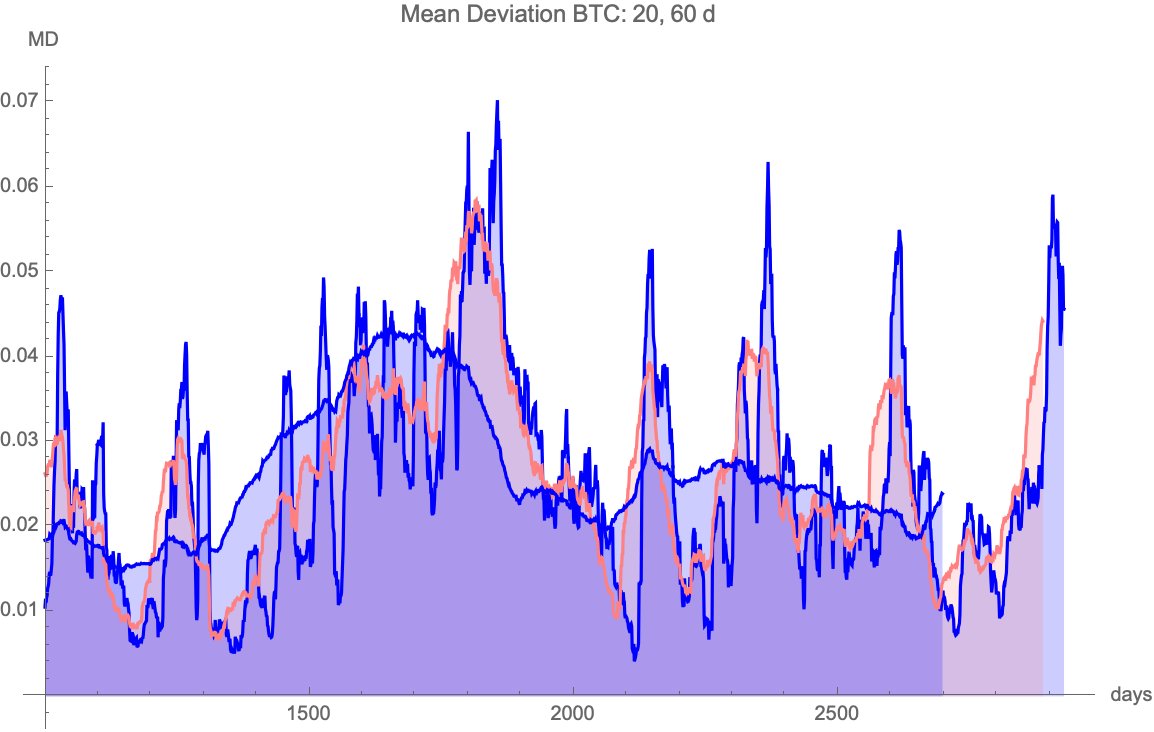Earlier this year, Nassim Taleb — bestselling author of The Black Swan — announced he’d be selling his Bitcoin holdings.
Bitcoin enthusiasts weren’t best pleased. To have a legendary investor like Taleb turn against the cryptocurrency wasn’t the validation they were looking for. However, their irritation soon turned to schadenfreude as the value of Bitcoin against the US Dollar soared to record highs.
And then came this month’s spectacular crypto crash. More than a trillion dollars have been wiped off crypto values. Suddenly, Taleb’s decision to sell didn’t seem so foolish. But, now, a further twist: a surge on Monday that saw Bitcoin recover some of its losses.
So who is right about Bitcoin — Taleb or the true believers that he calls ‘Bitdiots’?
I’d be reluctant to bet against the former. After all, this is the guy who famously saw Global Financial Crisis of 2008 coming. He was also one of the first public figures to understand the seriousness of the Covid crisis.
Yet, despite his record, he’s not a forecaster, let alone a ‘super-forecaster’. His entire philosophy — whether it applies to investment, politics or life — is not about predicting events, but about how to live with the risks created by events that can’t be predicted by anyone.
Thus when he pulled back from Bitcoin, he wasn’t predicting an imminent crash — merely pointing out that if you want to shield yourself from the ruinous effects of extreme risk, then gambling everything on an asset with a track record of wild highs and lows isn’t exactly the best strategy.
Taleb also expressed his disappointment in what Bitcoin has become. He believes that a decentralised society is one that is less fragile to risk. The great hope for cryptocurrencies was that they’d allow the decentralisation of systems of transaction. But, so far, this has only happened to a limited extent. That’s not surprising: it’s hard to use a currency whose value fluctuates so much relative to the things you’d want to buy and sell with it.
Bitcoin’s most cocksure advocates insist that, over the long-term, this volatility doesn’t matter. The total number of Bitcoins that can ever be created (‘mined’) is limited by design. Governments, however, can print as much conventional money as they like, leaving national currencies prone to devaluation. Bitcoin, therefore, is presented as powerful hedge against inflation. So forget the crazy ups and downs of this month, just look at the appreciation of crypto against conventional currency over the last five or ten years.
Except that the long-term is irrelevant if you’re a highly leveraged (i.e. indebted) investor who purchased your Bitcoin earlier this year, only to see its value poleaxed earlier this month. Even if its value fully recovers in time, and perhaps rises to new heights, that’s not much comfort if you’ve been ruined in the meantime.
Before buying in, it’s also worth remembering that Bitcoin’s artificial scarcity is no guarantee of enduring value. If enough people lose interest, then it doesn’t matter whether there are 21 million Bitcoins or just 21 — they have no underlying value.
In theory, you could say the same about conventional currencies. But in practice, the US Dollar has the United States behind it, Sterling has the United Kingdom and the Euro has the European Union. So what does Bitcoin have?
There’s an awful lot of money riding on the answer.











Join the discussion
Join like minded readers that support our journalism by becoming a paid subscriber
To join the discussion in the comments, become a paid subscriber.
Join like minded readers that support our journalism, read unlimited articles and enjoy other subscriber-only benefits.
Subscribe